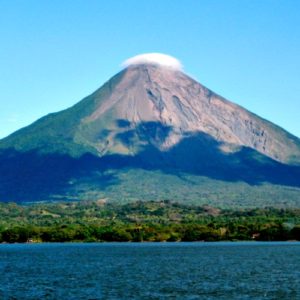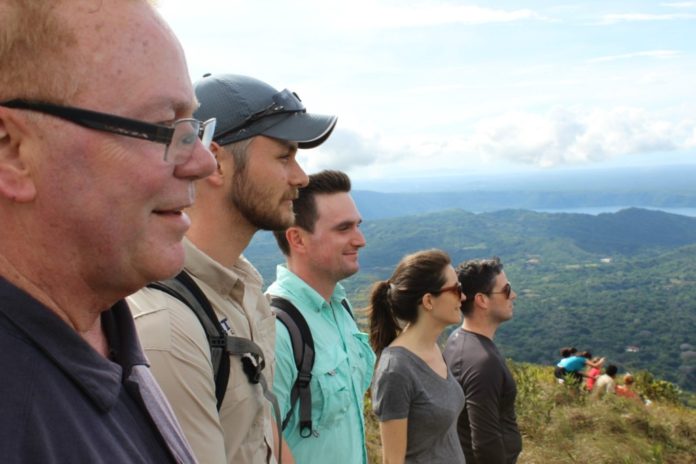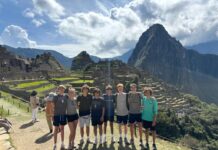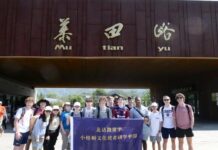When it comes to community service and immersion, Jesuit Dallas has been recognized as an excellent model of an institution that brings awareness of the social injustices and socioeconomic issues that many people face.
Jesuit Dallas has offered the Nicaragua trip for a while and has only recently opened the South American trips. These trips offer students the chance for deep reflection on their spirituality while also representing the teachings of Jesus. These immersive trips only get more popular and many students feel a duty as Jesuit students to explore the world that they had only imagined. These coordinated trips are directed and managed thanks to the hard work of Mr. Perry, Mr. Riemer, and the community service faculty.
Although Jesuit Dallas has much to offer in terms of the many trips hundreds of students participate in, there are two that have formed over the summer that merit recognition: The Rural Nicaragua and Urban Plunge.
The Urban Plunge, in fact, existed 9 years ago and only resurfaced thanks to Mr. Perry’s concerted effort and concern for Dallasites. The idea of the program is to experience a survey of various social justice ministries within the local DFW metroplex.
The group of students was able to visit one or two agencies every day. They were able to visit a nursing home, clean the river on kayaks, visit the autobon center, and aid those with AIDS by packaging food.The educational aspect of the trip consisted of the students learning about government housing and pollution. Mr. Perry stated that it was all about “creating awareness of the reality of poverty in our very city.” Mr. Perry believed that the trip was of immense success. During the trip, each day began and concluded communally through prayer.
Perry plans to expand the program. There will be two groups for the summer 2018 agenda, consisting of 24 students each. This year, the Urban Plunge had 32 students.

The Rural Nicaragua trip was a very different experience than that of Urban Nicaragua.This trip took Jesuit students off the grid to an area of extreme poverty yet rich in environmental resources. The biggest difference from the Urban trip is that it focused “on environmental ecology while at the same time also looking at the social ecology and landscape.” Mr. Perry above all wanted his students to have “the added dimension of a challenge in a different physical landscape.” It was important for the students to observe and experience the irony of living in a vastly rich and fertile land while also experiencing the struggle of poverty. Mr. Perry wanted his students to “really get out there” and experience the struggle of being in a rural setting where the nearest hospital is miles away. Michael Miramontes ’18 stated that the Rural Nicaragua trip helped him in his formation as a Jesuit student. “Traveling there and living with the bare minimum really shows the two extremes of life putting students out of their comfort zones in order to be open to growth as a young adult.”
Each characteristic of the profile of the Jesuit graduate was achieved during both immersions. Mr. Perry clearly stated that he believes that the “students were able to grow in their capacity to be loving and to accept love from others.” The tenant of loving was the greatest outcome from both trips. Mr. Perry stated that Jesuit wanted to expand “its portfolio of offerings and to diversify what we are offering to our students.” Both new trips will continue to grow as the years continue.






